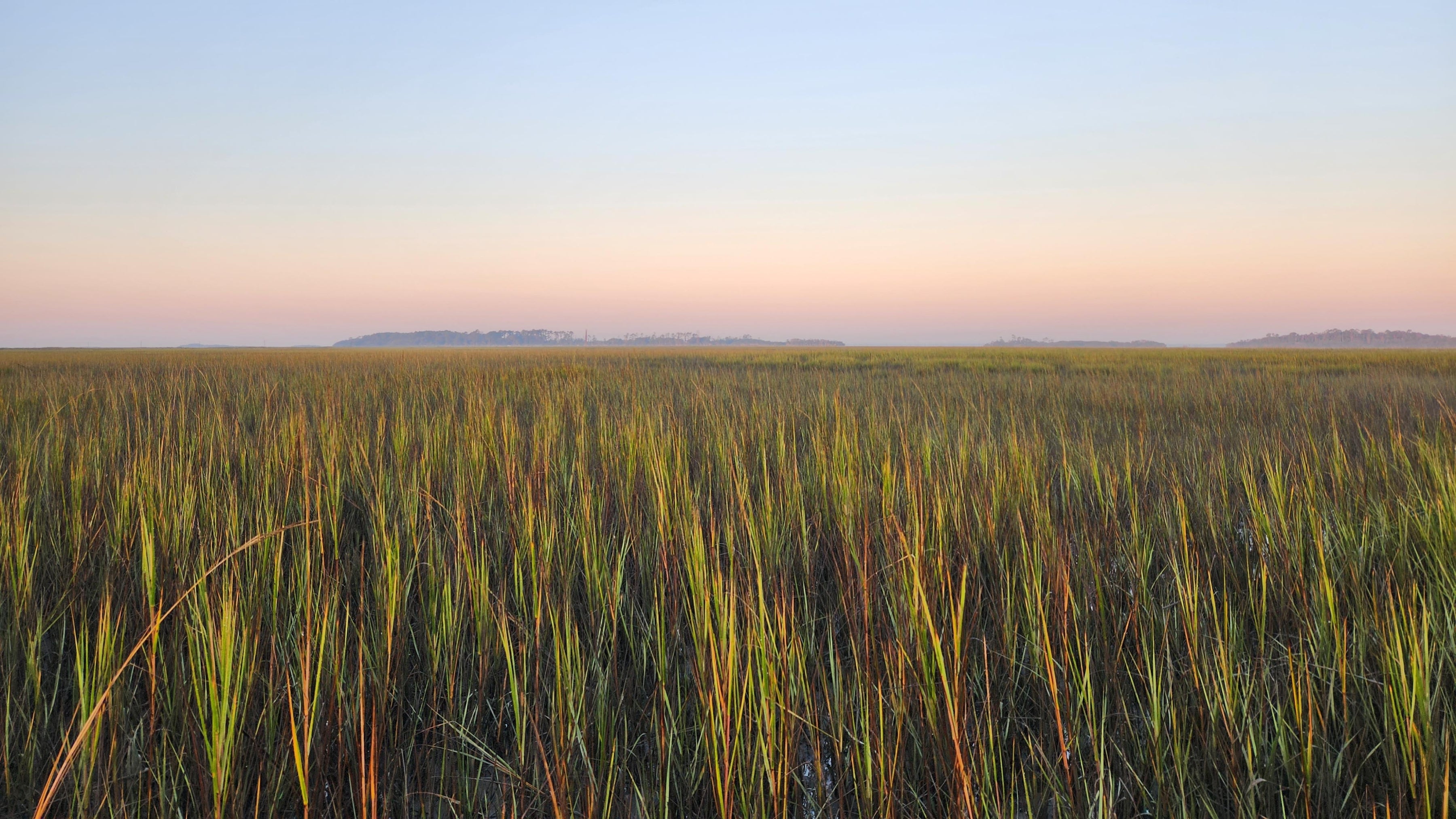News
Idea of Coral Reefs as Oases in Marine Deserts May Be Mistaken
New research from Simon Brandl at UT’s Marine Science Institute challenges a long-held belief about coral reefs.

Can Tiny Bubbles Help Save the Planet?
Seagrasses store a lot of carbon in their tissues, making them a potential counterweight to rising levels of atmospheric CO2.

Science and STEM Camps at UT Austin this Summer
UT Austin has a wide range of offerings for young people interested in exploring technology and science learning this summer.

UT News
UT Austin and MD Anderson Launch Joint Initiative to Advance Breakthroughs in Cancer Research
Interdisciplinary research teams involve UT Austin faculty in the life sciences, computer science and chemistry.

Texas Connect
Flounder, boats and sea turtles
Three UT Marine Science Institute employees share experiences working with the sea.

Marine Science Newsletter: Issue 34
Marine Science Newsletter: Issue 34 highlights research, events, new staff, and Texas Gulf Coast projects.

Institute Insights 2024: Issue 2
For the second year, Institute Insights shares 2024 UTMSI stories, bridging research and public understanding.




